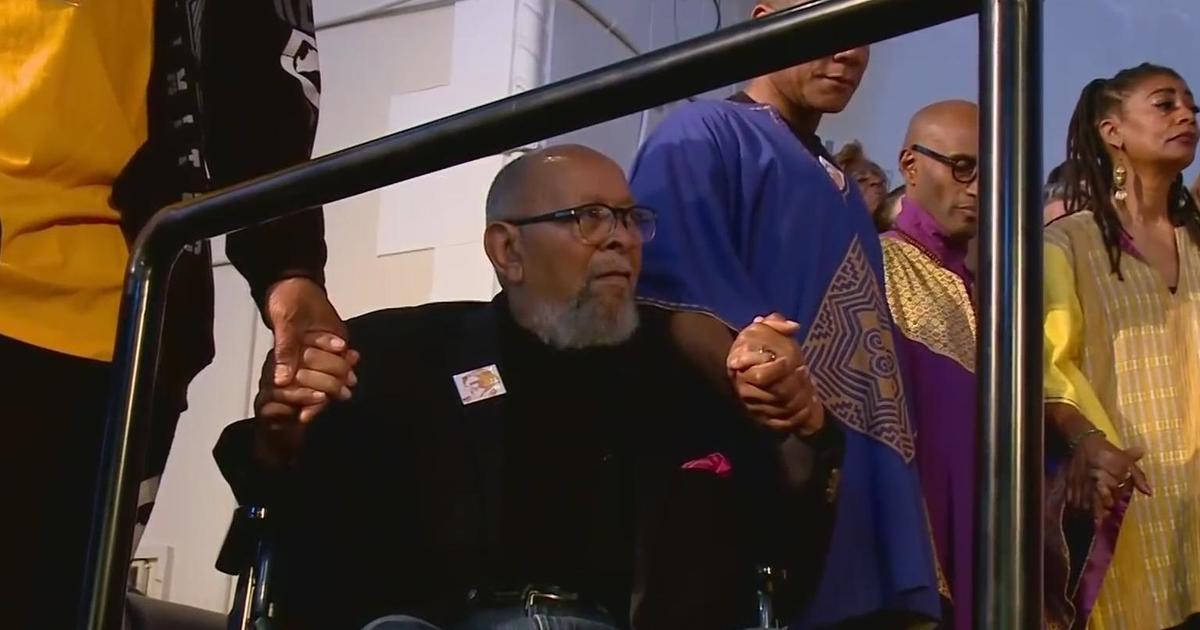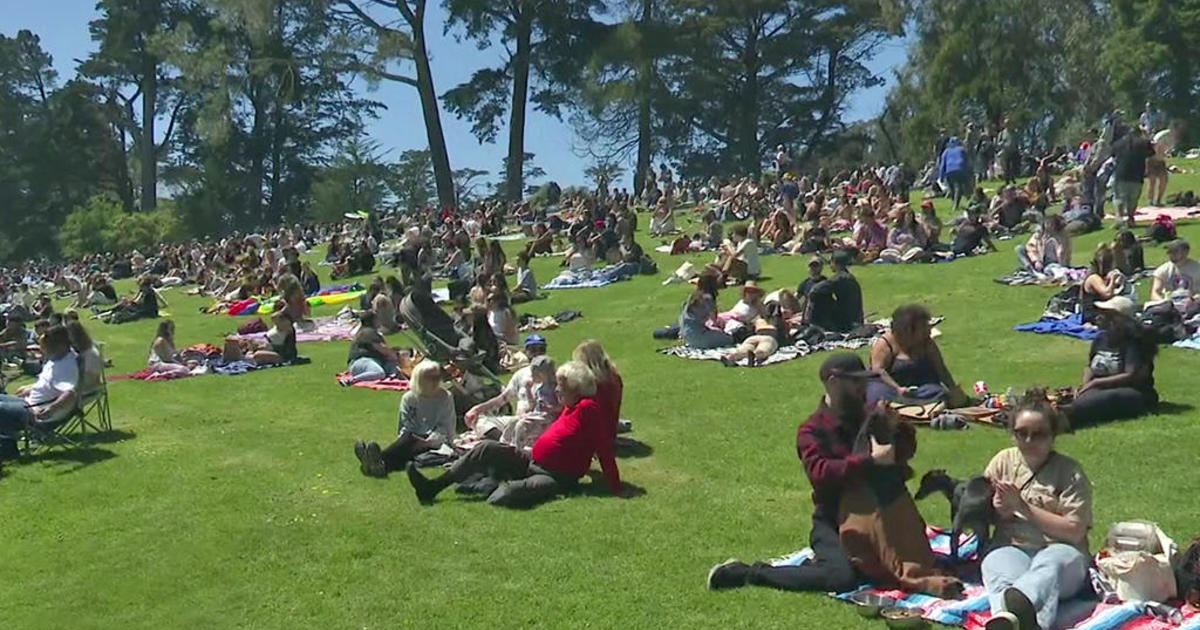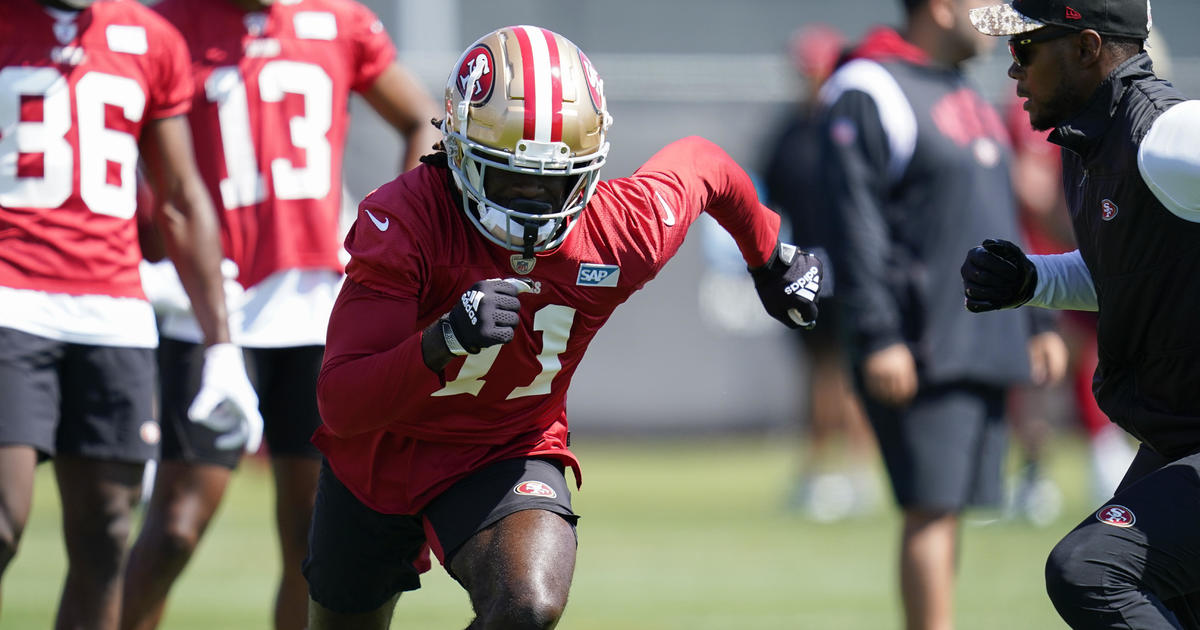San Francisco Mayor London Breed: COVID Vaccine Supply 'Inconsistent, Insufficient and Unpredictable'
SAN FRANCISCO (CBS SF) -- While San Francisco is ready to administer 10,000 COVID vaccines per day, Mayor London Breed on Tuesday said the city's supply from the state and federal government has been "inconsistent, insufficient and unpredictable."
The mayor appeared Tuesday afternoon in a livestreamed conversation with San Francisco Deputy Director of Public Health Dr. Naveena Bobba and the city's Director of Disease Prevention and Control Dr. Susan Philip to discuss vaccine distribution in San Francisco.
"I know this is the topic on everybody's mind," said Breed. "We've never done anything like this before in this country, in this state or in this city. Vaccinating this many people as quickly as possible in the midst of a pandemic; it's a complicated process with many moving pieces."
Breed noted that the city was in good shape with a plan in place to administer the vaccine at a network of sites once the doses are received , but that availability of the doses remained a challenge.
"We are ready to distribute 10,000 doses at least, bare minimum, per day once we have enough supply of the vaccine. But so far, the amount of vaccine we are receiving from the state and federal government is inconsistent, insufficient and unpredictable," said Breed. "For now, vaccine supply remains our biggest constraint."
Dr. Philip said that the limited production of the vaccine nationwide combined with the complex demands on the limited supply were both contributing to issues in vaccine distribution. Once the state receives its allotment of vaccine doses, it is being allocated to the 58 California counties and to large healthcare organizations.
"In fact, in San Francisco, two thirds of the vaccine that's coming into the county is going straight to our healthcare partners. That's important to realize" Phillip said. "As you mentioned, not only are we not receiving all of the allocation but just a minority, but it is very erratic and unpredictable right now because of those supply issues."
To date, San Francisco has received a total of 144,000 vaccine doses. Of those doses, over 80,000 or 60% have already been administered, Phillip said.
A majority of the remaining doses are already allocated to be given as a second dose. So far, 98% of San Francisco's vaccines have either been administered or are scheduled to be used for a second dose.
Phillip said that because the first tier of San Francisco residents currently eligible for the vaccine -- healthcare workers and people who are age 65 and over -- number 210,000, the city would need 420,000 doses to fully vaccinate that group. With only 144,000, San Francisco has received less than a third of the doses needed to cover that segment of the population that is most at risk, Phillip explained.
And additional complication is presented by the fact that the two doses administered within three to four weeks of each other need to be of the same vaccine in order for the vaccination to be effective.
"The difficulty is you can't mix and match these doses. We've got to really make sure it's the same dose," said Phillip.
Dr. Bobba added that while it was recommended that the second dose be administered within the 3-4 week window, there were some indications that it could be received up to six weeks later.
"The state is looking at this recommendation and they are finalizing how they want to approach it, so we are waiting for that," said Dr. Bobba.
She also noted that the temperature control required by the Pfizer vaccine, necessitating storage in minus 60 degrees Fahrenheit, presented an additional challenge to the distribution process. The Moderna vaccine is able to be stored in regular freezers.
Dr. Bobba also said that the plan for two of the mass vaccination sites to be located in the southeastern area of the city -- the already open location at City College of San Francisco and the planned location at the produce market in the Bayview -- because that area includes the population that has been hardest hit by the virus.



